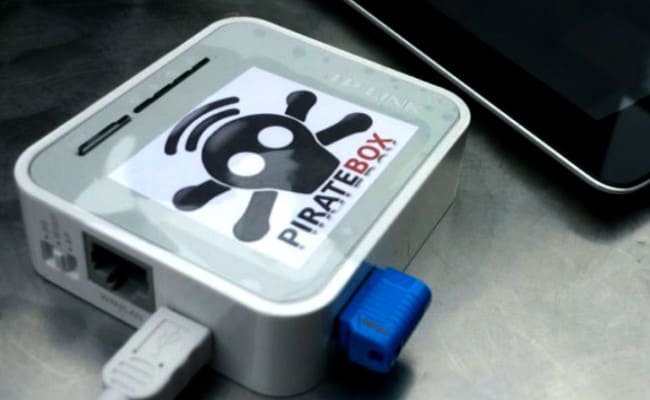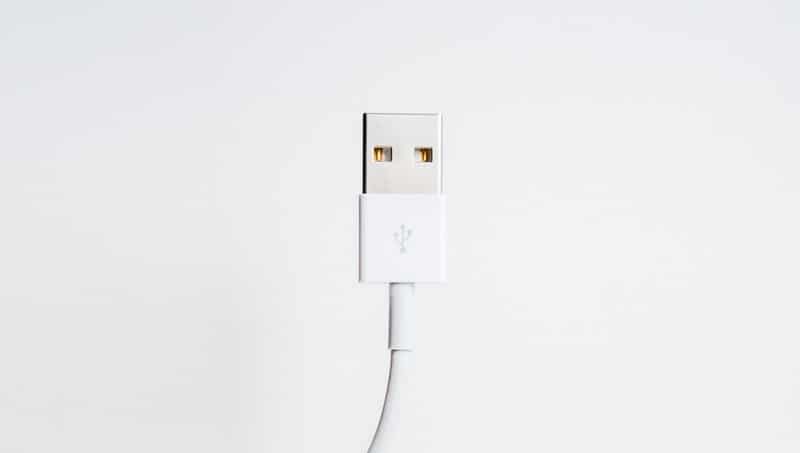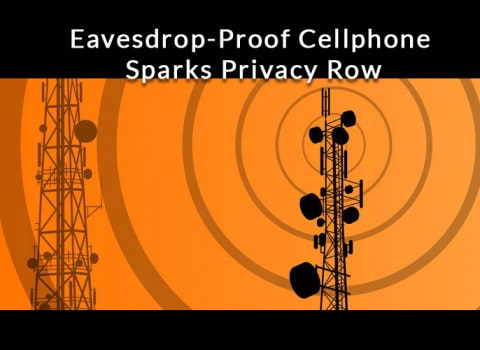PEOPLE download illegal content from the Internet using various means. This is a fact that nobody can deny.
About a decade ago, Internet users shared and traded MP3 files ripped from legally-owned music CDs by placing direct URL links in personal websites, FTP sites and newsgroups. It was a one-way, one-click, client-server model. It was crude but it worked.
After a while this method of filesharing became obsolete given the type of files that people began to share.
In the few years that followed, they began to share complete music albums and video clips, and before long, full-length movies. Accordingly, technology tried to catch up and a better filesharing platform called P2P emerged.
The likes of Gnutella, eDonkey2000, KaZaA, BearShare, Shareaza, WinMX and Napster quickly dominated the filesharing scene.
Intellectual property piracy flourished beyond control but ran into problems just as fast due to legal suits from intellectual property owners.
Rampant P2P activities ultimately caused critical bottlenecks in most countries as they used up the available bandwidth.
Consequently, Internet service providers (ISPs) took remedial action and capped certain P2P services, which gradually died out or lost users to the next generation of filesharing tools.
See Full Article Here:
http://www.cybersecurity.my/en/knowledge_bank/news/2009/main/detail/1796/index.html




